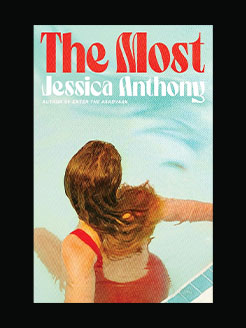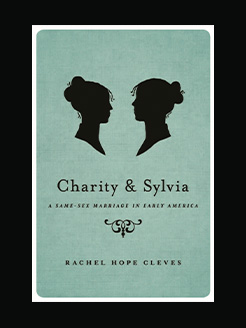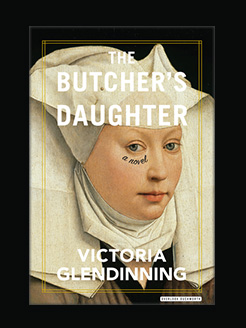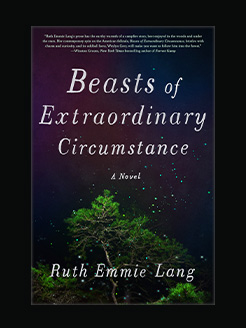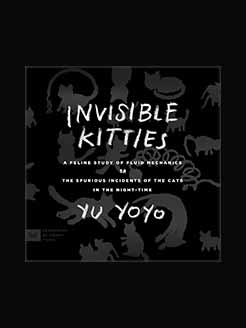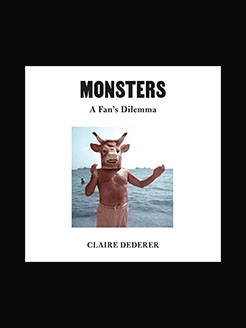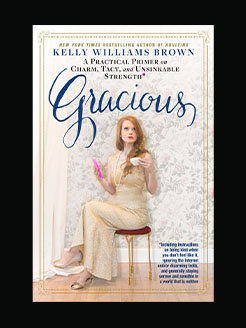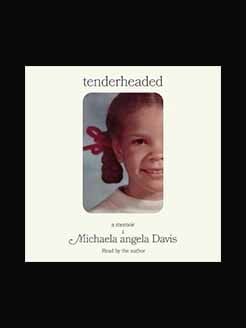Published in 2019
256 pages
Anna Eleanor Roosevelt was an American political leader who used her influence as an active First Lady from 1933 to 1945 to promote the New Deal policies of her husband, President Franklin D. Roosevelt, as well as taking a prominent role as an advocate for civil rights. After her husband’s death in 1945, she continued to be an internationally prominent author and speaker for the New Deal coalition. She was a suffragist who worked to enhance the status of working women, although she opposed the Equal Rights Amendment because she believed it would adversely affect women.
In the 1940s, she was one of the co-founders of Freedom House and supported the formation of the United Nations. Eleanor Roosevelt founded the UN Association of the United States in 1943 to advance support for the formation of the UN. She was a delegate to the UN General Assembly from 1945 and 1952, a job for which she was appointed by President Harry S. Truman and confirmed by the United States Congress. During her time at the United Nations chaired the committee that drafted and approved the Universal Declaration of Human Rights. President Truman called her the “First Lady of the World” in tribute to her human rights achievements.
She was one of the most admired persons of the 20th century, according to Gallup’s List of Widely Admired People.
What is this book about?
From one of the world’s most celebrated and admired public figures, Eleanor Roosevelt, a collection of her most treasured sayings
With a foreword by Speaker Nancy Pelosi
No one can make you feel inferior without your consent. We’ve all heard this powerful Eleanor Roosevelt adage—it is, perhaps, one of her best known. A wise leader, she knew the power of words, and throughout her work as First Lady, a UN representative, and advocate for human rights, women, youth, minorities, and workers, she was a prolific writer and speaker.
Eleanor’s wise words on government, race and ethnicity, freedom, democracy, economics, women and gender, faith, children, war, peace, and our everyday lives leap off the page in memorable quotations such as:
· One’s philosophy is not best expressed in words; it is expressed in the choices one makes.
· Progress is rarely achieved by indifference.
· I am convinced that every effort must be made in childhood to teach the young to use their own minds. For one thing is sure: If they don’t make up their minds, someone will do it for them.
· Unless people are willing to face the unfamiliar they cannot be creative in any sense, for creativity always means the doing of the unfamiliar, the breaking of new ground.
…and these are just a few.
At this politically and culturally divided moment in our nation’s history, Eleanor Roosevelt’s quotes have an even deeper resonance—as moving and insightful as they are timely. What Are We For? is a celebration of a cultural icon, and a powerful reminder of Eleanor Roosevelt’s extraordinary contributions to our country, and the world.
